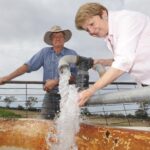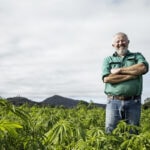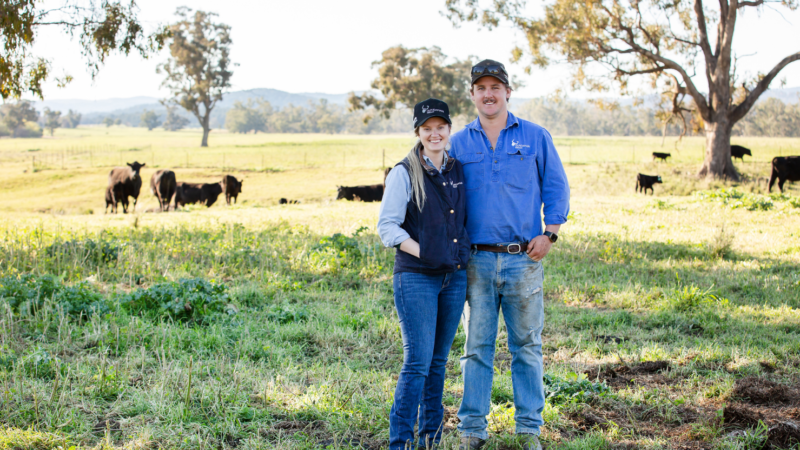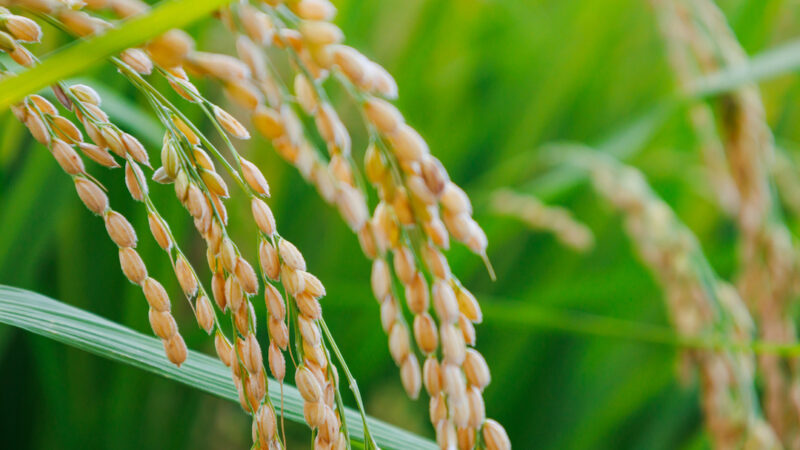The first stage of a three-year social research project to measure community trust in rural…
Shining a light on sunn hemp
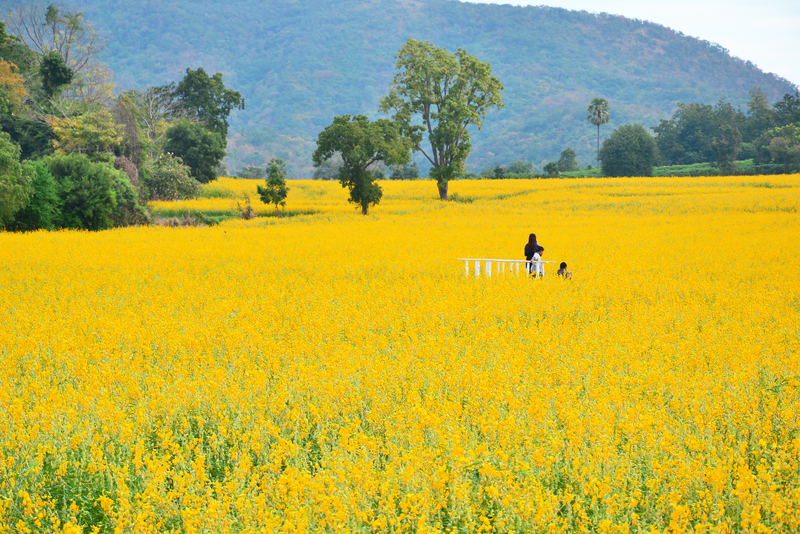
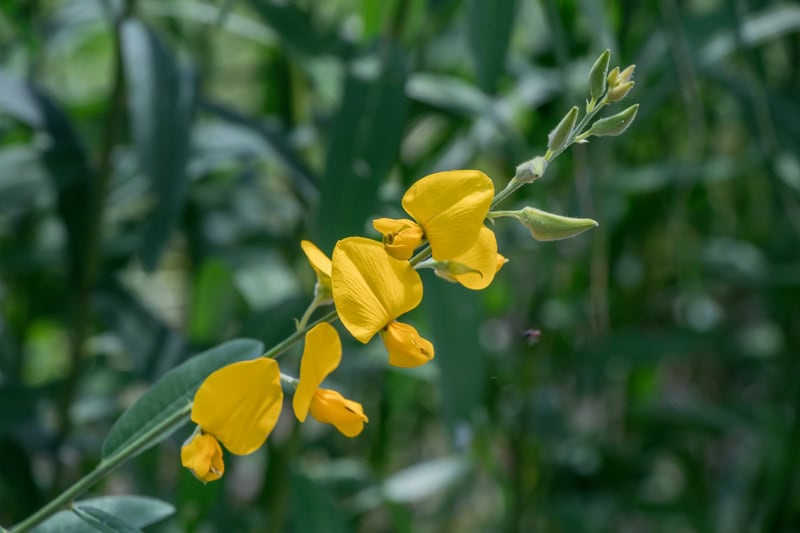
Rapidly growing interest in the biodegradable, drought-resistant sunn hemp crop is the basis for increased investment in the sector, as proposed in AgriFuture�s recently released Australian Sunn Hemp Strategic RD&E Plan (2022-2027).
It is a focus in the AgriFutures Australia�s Emerging Industries Program thanks to its diverse application as a fibre, fodder, biofuel and even in pharmaceuticals.
Sunn hemp or, Crotalaria juncea, is a fast growing legume that is a popular cover crop around the world. The name stems from its bright yellow flowers and hemp-like fibre qualities.
The plant’s range of appealing attributes including drought resistance, biofumigant properties, easy germination, and rapid growth makes it attractive for current and prospective Australian growers.
�It has the potential to become a widely planted crop in Australia,� said AgriFutures Australia�s General Manager of Business Development, Mr Michael Beer.
�Interest in sunn hemp as a biodegradable fibre has increased over the past two decades largely because it�s a great alternative to synthetic fibres.�
AgriFutures Australia�s General Manager of Business Development, Mr Michael Beer
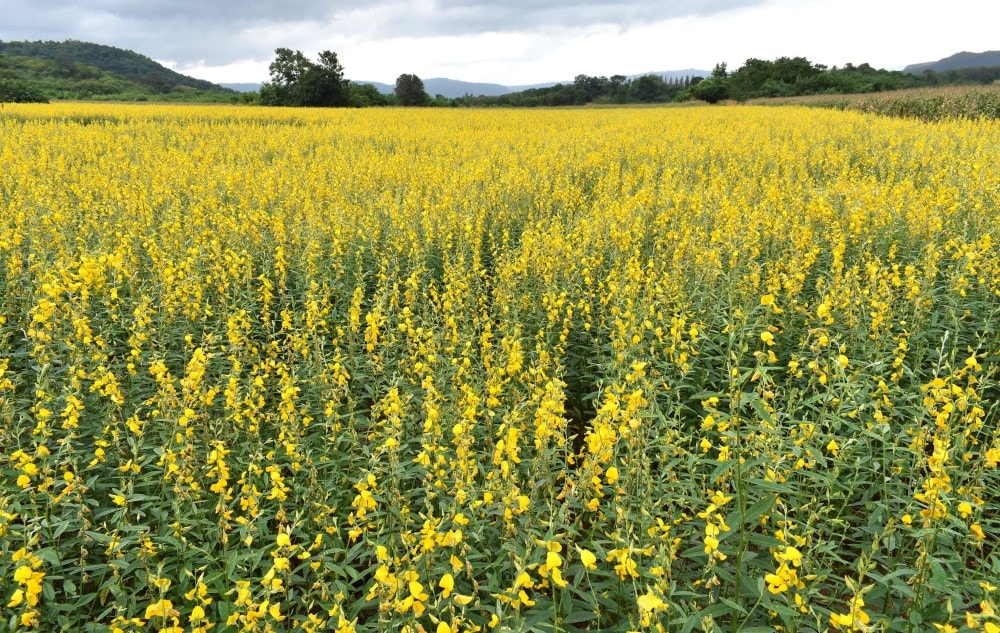
A multi-talented plant
Sunn hemp is a multi-talented crop that can be used as a cover crop or inter-crop, or as green manure, fodder, forage or bioenergy.
Its proven capacity to add value to a cropping program has been extensively explored within the sugarcane industry. Its benefits for cane growers include improved groundcover and protection against erosion, reduced NO3?leaching, increased carbon inputs into soils and improvements in soil biological populations related to cane health.
�The use of sunn hemp in rotation with sugarcane is becoming increasingly common internationally due to the plant�s ability to fix nitrogen and enhance soil biodiversity, which helps break disease cycles,� said AgriFutures Senior Manager, Dr Olivia Reynolds.
�While there has been a great deal of focus on the use of sunn hemp in sugarcane systems in Australia, the international literature suggests that there are opportunities for it to be explored in a range of systems, including vegetables, pineapples and other agricultural crops,� she said.
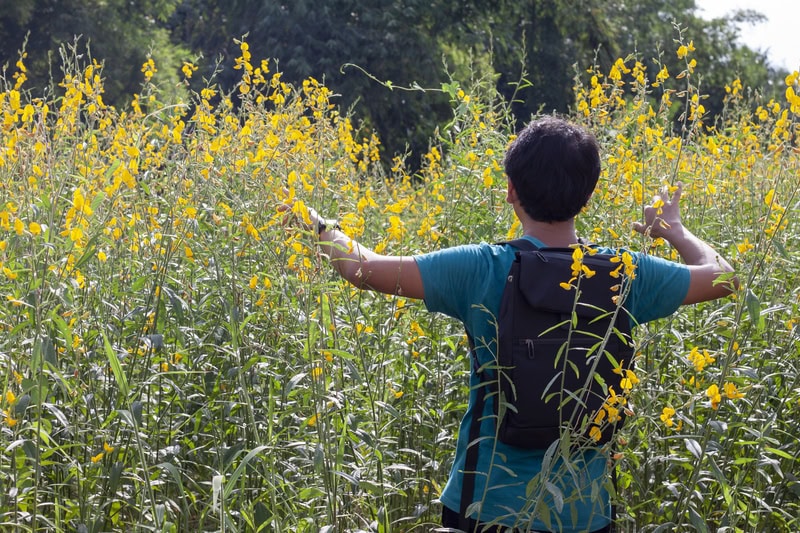
In addition to its uses as a cover crop, an exciting breakthrough that revealed the crop’s hidden potential as a biofuel has shown that it is a feasible option to replace coal feedstock for electricity generation, but is yet to reach a commercial scale.
�The identification of environmentally friendly and renewable sources of alternative energy is an area of global interest,� said Dr Reynolds.
�Biodiesel produced from the seed of sunn hemp is considered a possibility after modifications given the high water content, carbon capture and reuse value of the oil,� she said.
It also holds its value as a high-protein summer feed source for cattle, sheep and goats as well as making for good bio-manufacturing feedstock due to its high cellulose content and high crystallinity.
Unchartered territory for sunn hemp
This new hemp industry in Australia is currently small, contributing an estimated gross value of product of $0.1-0.5m to the national economy.
While its growth trajectory is unclear, estimates of up to $10m have been forecast for 2026.
The road ahead for sunn hemp to become widely grown for multiple products relies on a number of factors, according to co-author of the Australian Sunn Hemp Strategic RD&E Plan (2022-2027) Dr Michael Robinson
�For sunn hemp to become widely viable, the industry has recognised the need for the formation of an association to take ownership of the plan and coordinate its implementation, including seeking funding for activities,� said Dr Robinson.
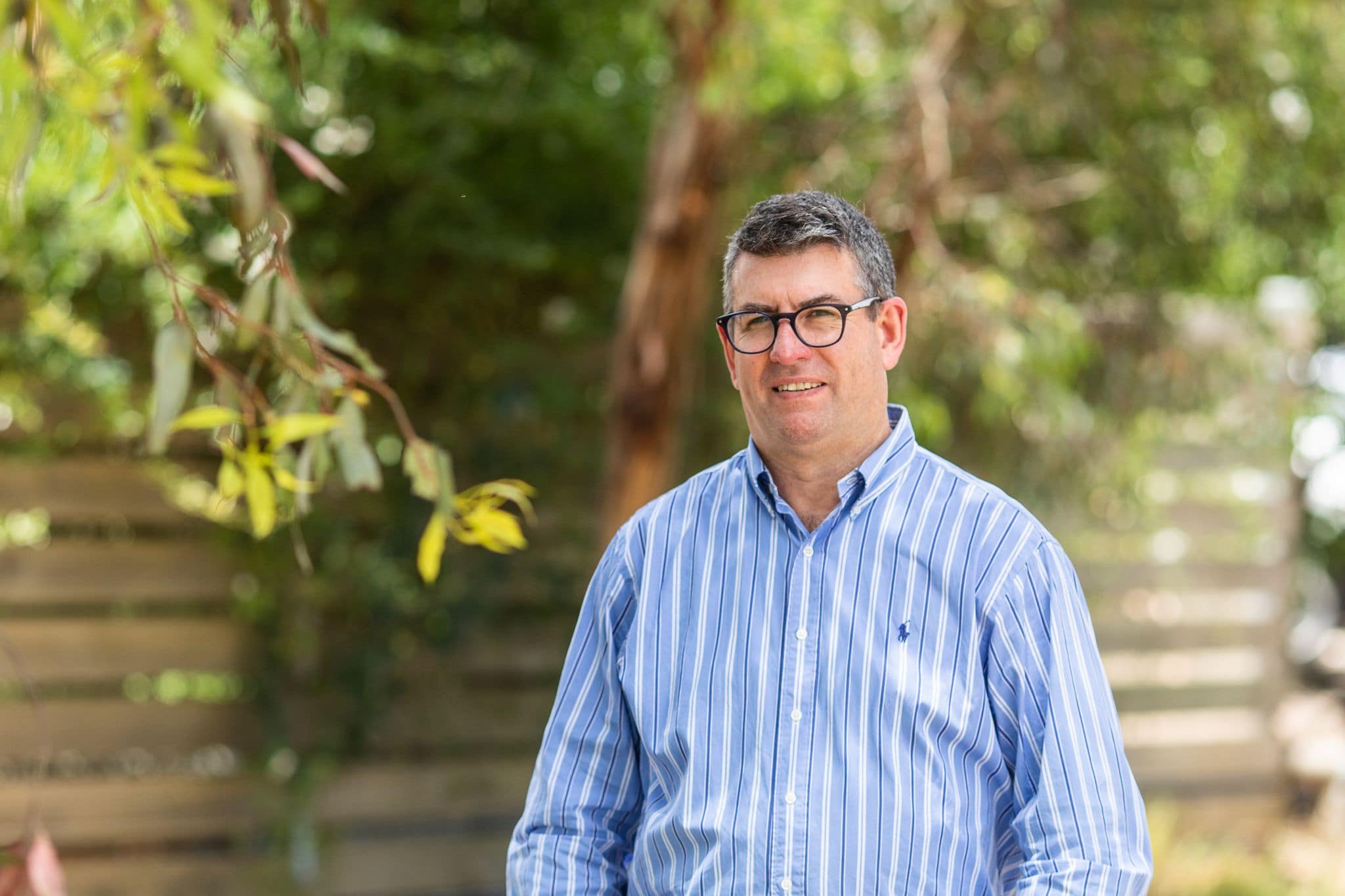
While it is a new adventure for the agricultural industry, Michael Beer is confident in the driving objectives.
�Emerging animal and plant industries play an important part in the Australian agricultural landscape. They contribute to the national economy and are key to meeting changing global agricultural product demands,� he said.
�With few other products offering the same level of environmentally friendly qualities that sunn hemp does, it remains a promising area of investment for AgriFutures Australia.�
For more information visit AgriFutures Emerging Industries Program.
This content was provided by AgriFutures Australia.
The hemp industry is also in its early growth stages. Read more here



